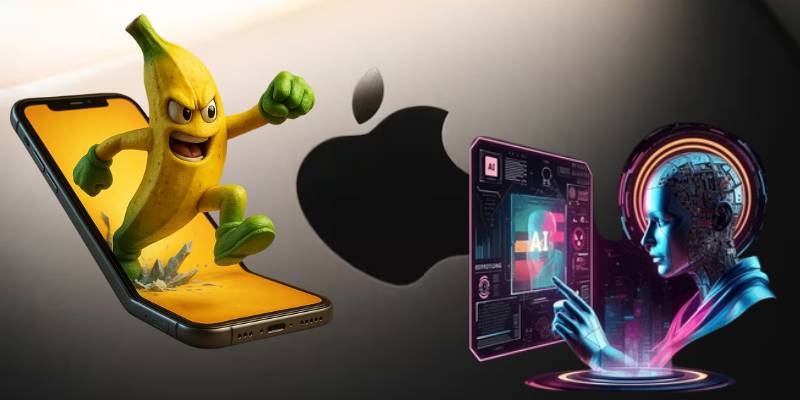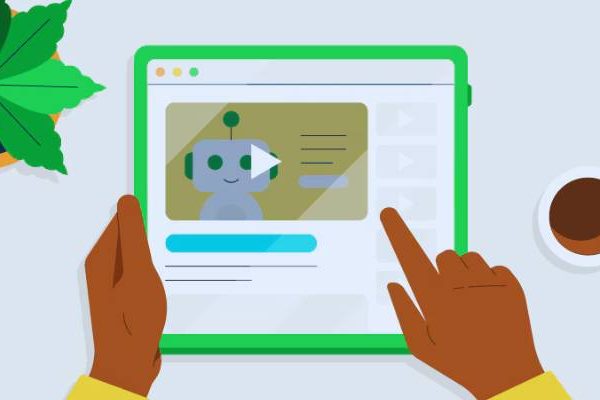
Apple’s Image Playground Could Get a Nano Banana Boost—But What Does That Really Mean for AI Images?
Apple is quietly testing the waters with something unusual. Buried inside recent iOS beta builds are signs that its Image Playground may soon allow users to switch between different AI providers, with speculation pointing to the integration of Google’s shiny new Nano Banana model as one of the choices (hints found in early code).
For a company that has always prided itself on a locked-down ecosystem, this feels like a surprising twist.
The Nano Banana craze is already spreading quickly, especially across Asia, where apps powered by the model let people turn ordinary selfies into cartoonish avatars or generate collectibles like 3D figurines.
That explosion of creativity, however, is accompanied by new concerns around manipulated content and the privacy risks that come with it (warnings about detection and safety). It’s a reminder that every playful feature tends to carry a darker shadow.
Meanwhile, rivals aren’t standing still. ByteDance just launched Seedream 4.0, a system designed to challenge Nano Banana directly.
What makes it stand out is its ability to produce images in under two seconds while also letting creators use several reference photos to maintain stylistic consistency (details of the rollout).
The speed and flexibility show just how fierce the race in generative images has become.
Over in Redmond, Microsoft is pushing its own agenda by launching Windows AI Labs, a program where users can test experimental features directly in core apps.
Early signs even suggest that Paint, once a simple doodle tool, could soon handle advanced image generation or editing with AI assistance (indications from testing builds).
The idea of Paint suddenly becoming a creative powerhouse would have sounded absurd a decade ago, but here we are.
And the geopolitical layer shouldn’t be ignored either. While Apple toys with multiple-provider options, Meta is extending its reach by expanding the Llama language model to allies across Europe and Asia (confirmation of the expansion).
Moves like this show that AI isn’t just about fun filters anymore—it’s about influence, strategy, and power across borders.
What strikes me most is how Apple’s rumored decision isn’t just a technical upgrade; it’s a signal of changing priorities.
By allowing different engines to plug into Image Playground, Apple could give users unprecedented choice, but it also accelerates the blurring of what’s real and what’s synthetic.
Personally, I can’t help but feel both excited and uneasy—excited at the possibilities for creativity, uneasy about how quickly we’re leaping into a future where authenticity may be the hardest thing to find.




















